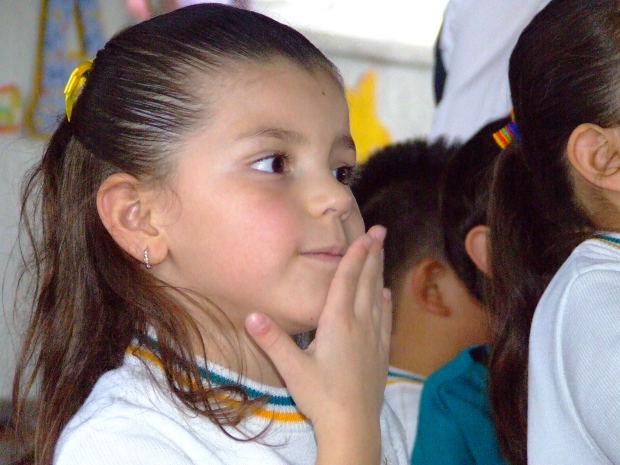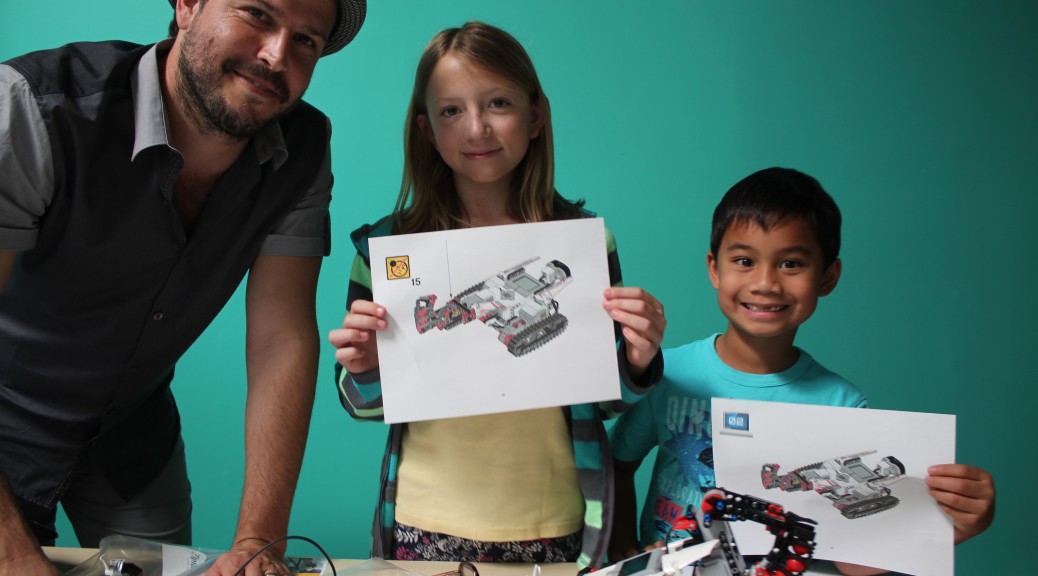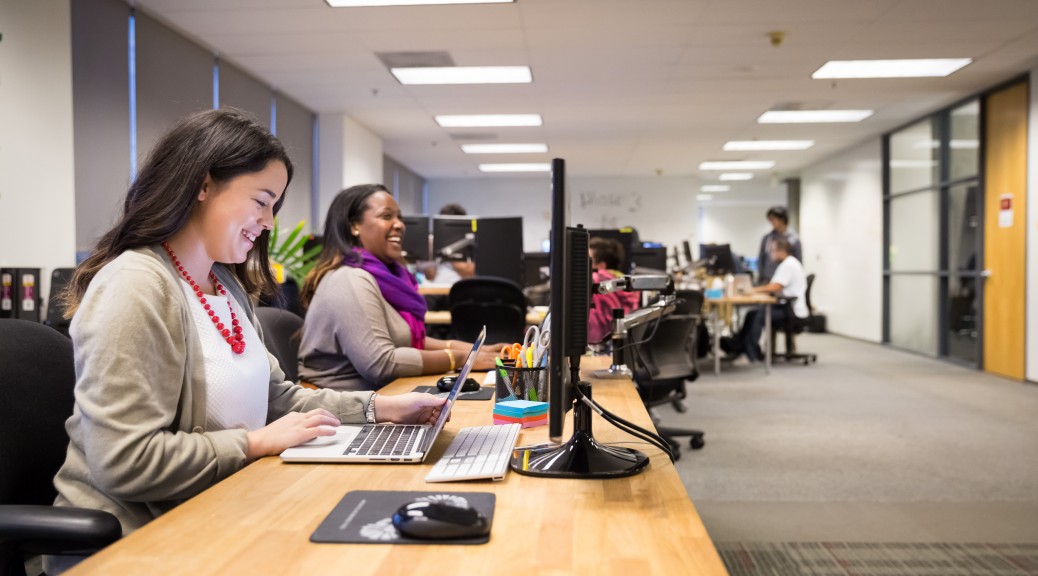At CodeREV we’re excited to see companies and schools across the country begin to see how important coding is and why it should be taught to kids. To do that, we need to find innovative ways to make the experience fun and interesting. We’ve come up with some really unique and well-received ways to do that but it’s nice to see that Disney is working hard to shoulder some of that burden too.
USA Today has an article titled Disney to join effort to get kids into the coding game. Greg Toppo writes, “Do you want to code a snowman? How about a droid? The non-profit group Code.org on Tuesday said that it will team up with Disney and Lucasfilm to create Frozen- and Star Wars-themed computer science courses for children, part of a free, 80-hour computer science course that will be integrated into the group’s curriculum over the next year.
In 2014, Code.org’s much shorter “Hour of Code” animation tutorial featured Anna and Elsa from Frozen, while the 2015 version included Rey, BB-8, Princess Leia, R2-D2 and others from Star Wars, the group said. It hopes the characters will provide a kind of bridge for students to transition from the short introductory tutorials to a full computer science course, offered at its online Code Studio. “We regularly hear from teachers that their students want to keep coding,” said Hadi Partovi, the group’s CEO and co-founder.
Students, he said, have been known to skip recess to spend more time coding. “Part of this is because it’s inherently fun to create things, to make apps or games,” he said. “But a huge part of it is because of the engagement factor from interacting with characters like Anna and Elsa, BB-8, or R2-D2.” The new partnership was announced at the annual conference of the International Society for Technology in Education. Code.org said more than 11 million students and 330,000 teachers have accounts on its platform.”
Are you interested in hearing more about coding for kids in the Los Angeles and surrounding areas? CodeREV has been bringing the world of STEM-learning and coding to kids for quite some time and we’re excited to expand on a regular basis. We’ve found some really unique ways to get kids excited in both our summer camps and our after-school sessions.









